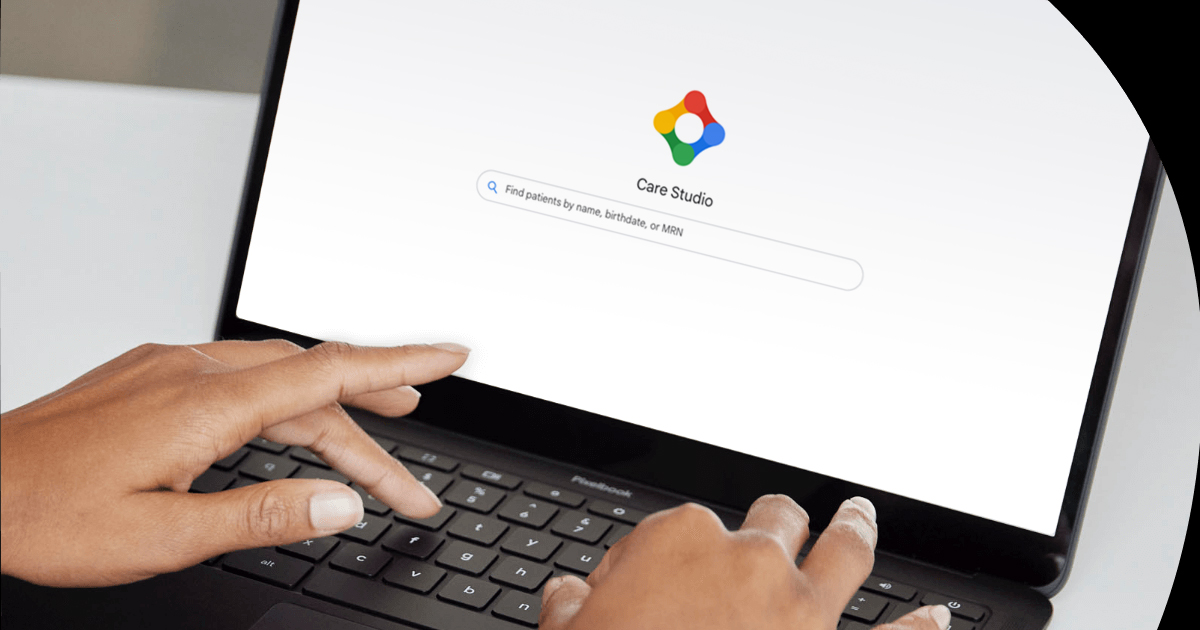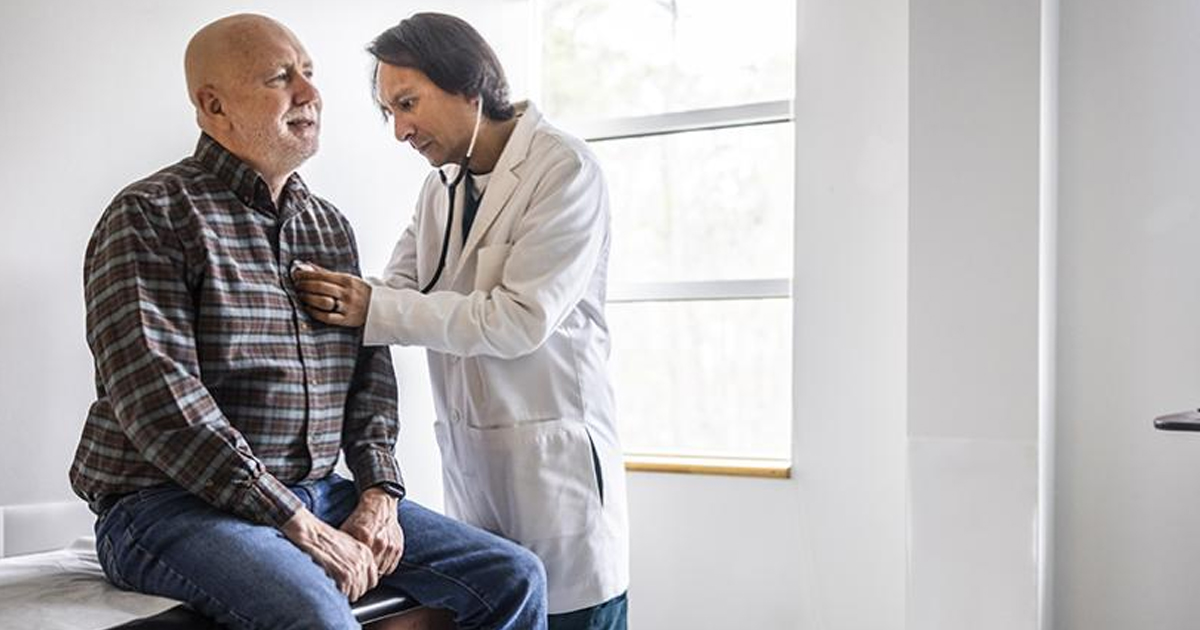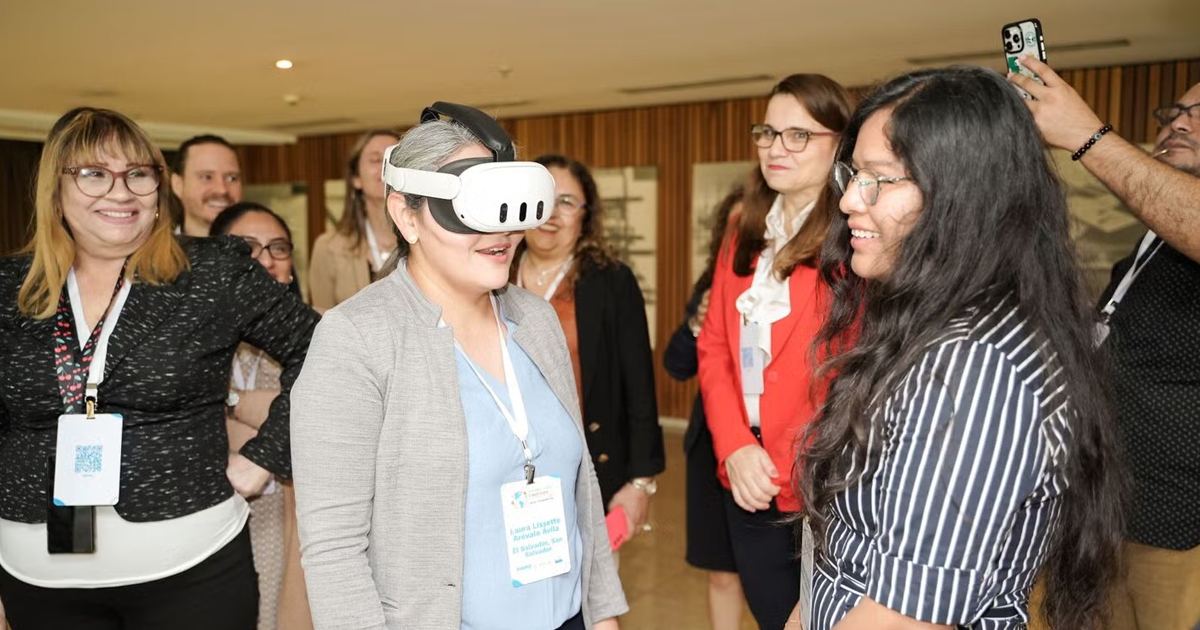Google anunció Care Studio, una herramienta para que profesionales médicos organicen los registros clínicos electrónicos de pacientes a través de una función de búsqueda clínica.
Google Health anunció el 23 de febrero el lanzamiento de Care Studio, una herramienta diseñada para la organización de datos complejos sobre salud, que busca además que los profesionales médicos pasen menos tiempo organizando la información y los datos. Google apunta a resolver el problema que tiene los profesionales médicos al revisar y navegar por los expedientes clínicos electrónicos (ECE), ya que según una investigación de JAMA Network, pasan la mitad de su jornada laboral tratando de organizar la información.
“Care Studio aprovecha la experiencia de Google en la organización de información para ayudar a los médicos a encontrar información de registros médicos más rápidamente”, explica Google Health en el sitio oficial de Care Studio. Además, explica que la función de búsqueda clínica de la herramienta permite búsquedas sencillas para que tanto el personal médico como de enfermería solo escriban los términos que buscan y encontraran rápidamente la información que requieren de forma organizada.

“Nuestras herramientas brindan a los médicos una vista única y centralizada que presenta automáticamente la información importante del paciente, incluidas las visitas al hospital, eventos ambulatorios, pruebas de laboratorio, medicamentos y notas de tratamiento y progreso. Y la interfaz intuitiva ofrece formas únicas de visualizar datos y tendencias de salud en tablas, gráficos y otros formatos útiles”, explica Google Health.
El Dr. Peter Clardy especialista clínico de Google Health explico que a través de Care Studio, los datos de los pacientes sin importar si pertenecen a ECE de diferentes sistemas de salud, aparecerán unificados en las búsquedas. Por ejemplo, los resultados de laboratorio de diferentes ECE aparecerán dentro de un solo expediente, y podrán ser mostrados a través de estadísticas y graficas con toda la información recolectada sobre el paciente.
Con respecto a la privacidad el Dr. Clardy explicó que Care Studio cumple con las regulaciones necesaria y protegen los datos personales de los pacientes, incluida la HIPAA (Ley de Transferencia y Responsabilidad de Seguro Médico). “Nos entusiasma la oportunidad de apoyar una atención más proactiva para los médicos y sus pacientes,” concluyó.
Conoce más en el siguiente enlace: https://youtu.be/71DVIWZnOho






